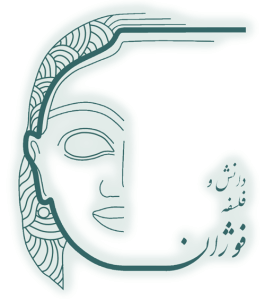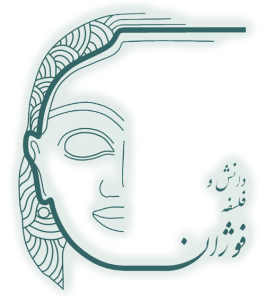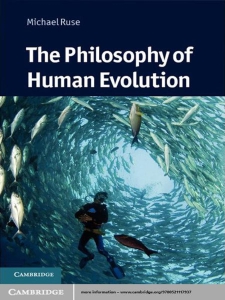The Philosophy of Human Evolution
Author: Michael Ruse
https://en.foujaninstitute.com/2021/12/09/michael-ruse/
Publisher: Cambridge University Press
Online publication date: June 2012
Online ISBN: 9780511844263
- This book provides a unique discussion of human evolution from a philosophical viewpoint, looking at the facts and interpretations since Charles Darwin’s The Descent of Man. Michael Ruse explores such topics as the nature of scientific theories, the relationships between culture and biology, the problem of progress, and the extent to which evolutionary issues pose problems for religious beliefs. He identifies these issues, highlighting the problems for morality in a world governed by natural selection. By taking a philosophical viewpoint, the full ethical and moral dimensions of human evolution are examined. This book engages the reader in a thorough discussion of the issues, appealing to students in philosophy, biology, and anthropology.
- What is “evolution”? If you were asking in the middle of the eighteenth century, the answer would be something to do with individual development. But from about the middle of the nineteenth century, the term has meant a gradual process of law-bound development that brought about the world in which we live, especially the world of organisms, animals, and plants (Richards 1992). We usually add that we mean a natural process, that is something where supernatural forces like God play no direct role. Often we mean common ancestry, a “tree of life,” although not every evolutionist has believed in such a tree. Today we think more in terms of bushes or sometimes perhaps a very odd tree like the banyan tree, where there are links all over the place.







